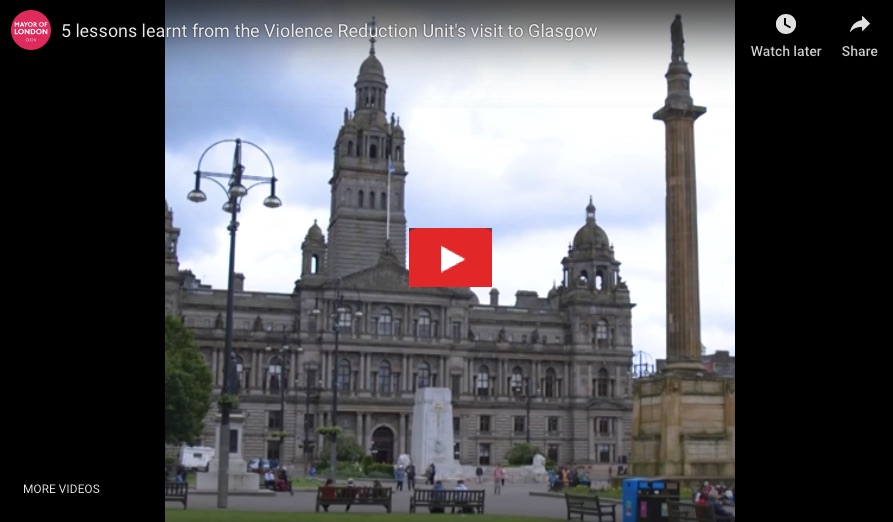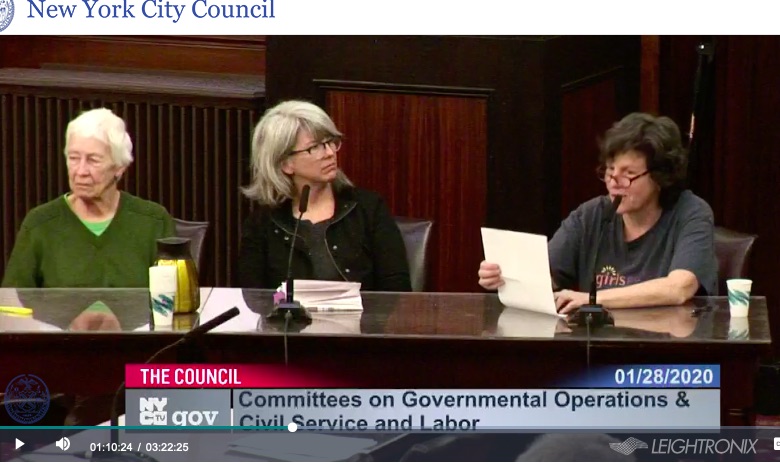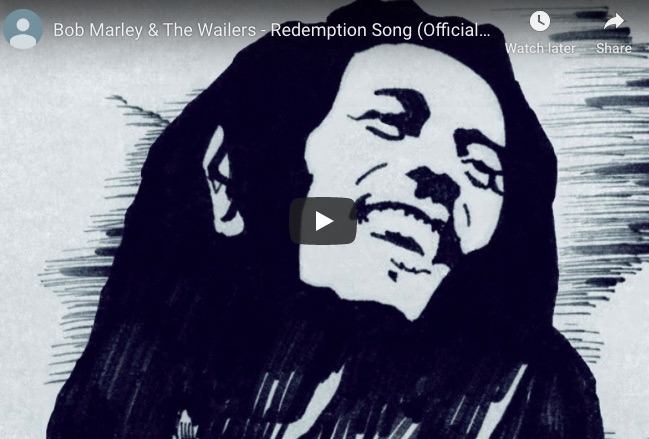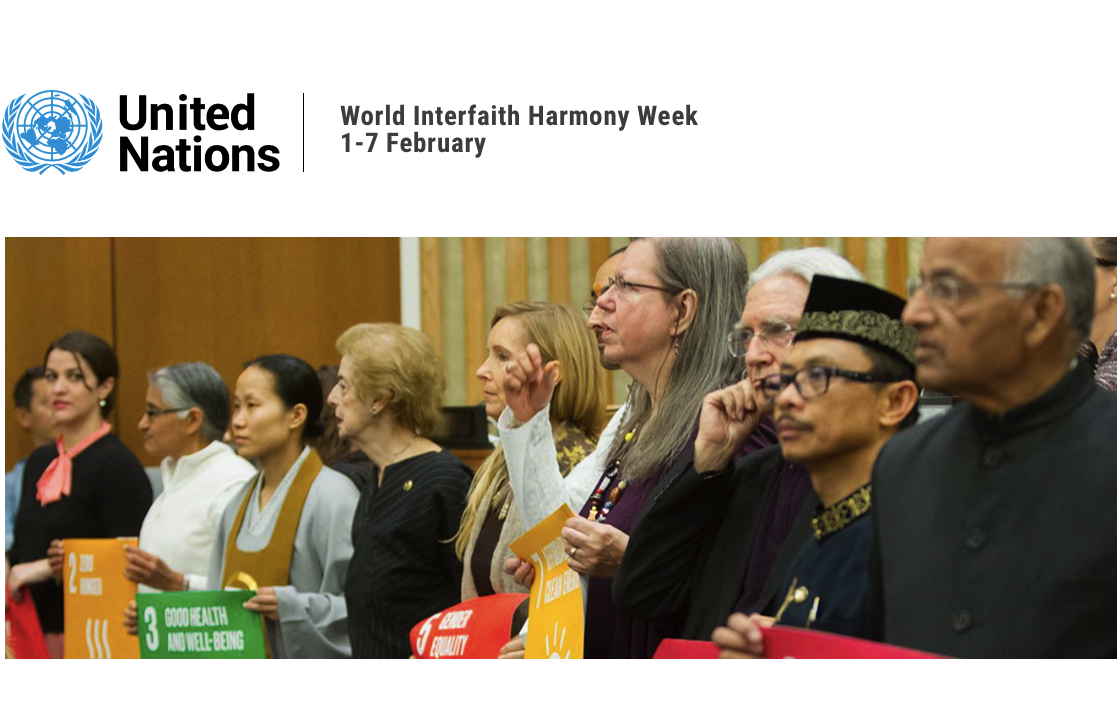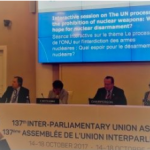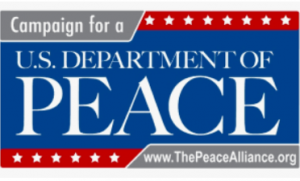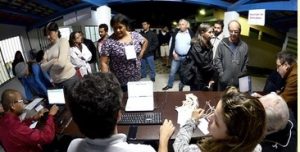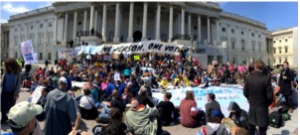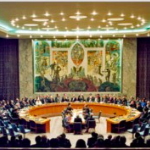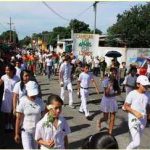Nuclear disarmament. New York City is becoming the most recent city to plan for divestment of their funds from the nuclear weapons industry. Public hearings in the city on January 28 heard from a wide range of speakers in favor of this action. Speakers included the global campaign, Move the Nuclear Weapons Money, Mayors for Peace, young peope from Peace Boat and a representrative from the International Campaign to Abolish Nuclear Weapons (ICAN), which won the Nobel Peace Prize in 2017. Participants at the hearing expressed their love of the city and strong unwillingness to see New York, or any other place on the Earth, to be exposed to the threat of irreversible destruction that nuclear weapons poses.
Hundreds of cities have joined the cities appeal of ICAN calling for the total abolition of nuclear weapons. The appeal states: “Our city/town is deeply concerned about the grave threat that nuclear weapons pose to communities throughout the world. We firmly believe that our residents have the right to live in a world free from this Threat. Any use of nuclear weapons, whether deliberate or accidental, would have catastrophic, far-reaching and long-lasting consequences for people and the environment. Therefore, we warmly welcome the adoption of the Treaty on the Prohibition of Nuclear Weapons by the United Nations in 2017, and we call on our national government to join it.”
The Appeal is also supported by Mayors for Peace with its network of 7675 cities in 163 countries around the world. The most recent city to support the appeal, on January 27, was Oxford in the UK.
Sustainable development. UN Habitat recently sponsored the Tenth World Urban Forum to support the Sustainable Development Goals (SDGs) agreed by world leaders in 2015. At the meeting, which took place in Abu Dhabi from 8-13 February, the 13,000 participants recognized that “an increasingly urbanized world is a ‘transformative force’ that can be harnessed and steered to boost sustainable development.” Among the organizations of cities taking part in the Forum was ICLEI (Local Governments for Sustainability), a network of cities in over 100 countries, with global experts in 22 offices.
At the World Urban Forum, the Global Parliament of Mayors presented a project called the Virtual Parliament, an online tool to connect with Mayors around the world, to debate and vote on political issues and to exchange experiences. For example, it has supported an action of the US congress of Mayors against gun violence.
Reducing international tensions. The organization of International Cities of Peace reports that the first City of Peace on the Korean peninsula was established February 5 near the Demilitarized Zone (DMZ) in Pocheon. A major celebration was held at City Hall where Mayor Park signed a Proclamation as a crowd of media, dignitaries, and over 100 citizens packed the hall. Pocheon has the potential to help make the dream of Reunification of South and North Korea come true in order to benefit citizens of both countries.
Urban violence. A new initiative, the Strong Cities Network (SCN), is working with a broad coalition to reduce urban violence. According to the SCN, “Today, 83% of deadly violence occurs outside of conflict zones, with the majority of this violence concentrated in cities.” Their report highlights successful initiatives in Glasgow (Scotland), Oakland (California), and cities in Ecuador.
Tackling urban violence is also the priority of the World Forum on Cities and Territories of Peace, which is a project of the United Cities and Local Governments. Previous forums were held in Madrid in 2017 and 2018. The next one will take place this coming October in Mexico City to construct “solutions that promote urban environments capable of eliminating expressions of violence.”
According to the Strong Cities Network,”Nation states have dominated the global political arena for centuries, but with more than half of the world’s population today residing in cities, it may be time to rethink who should be at the table when it comes to decisions on how we can reduce violence.” The same could be said with regard to nuclear disarmament, sustainable development and the reduction of international tensions.
|
DEMOCRATIC PARTICIPATION |
FREE FLOW OF INFORMATION |
HUMAN RIGHTS |
DISARMAMENT & SECURITY |
|
EDUCATION FOR PEACE |
SUSTAINABLE DEVELOPMENT |
TOLERANCE & SOLIDARITY |
WOMEN’S EQUALITY |
